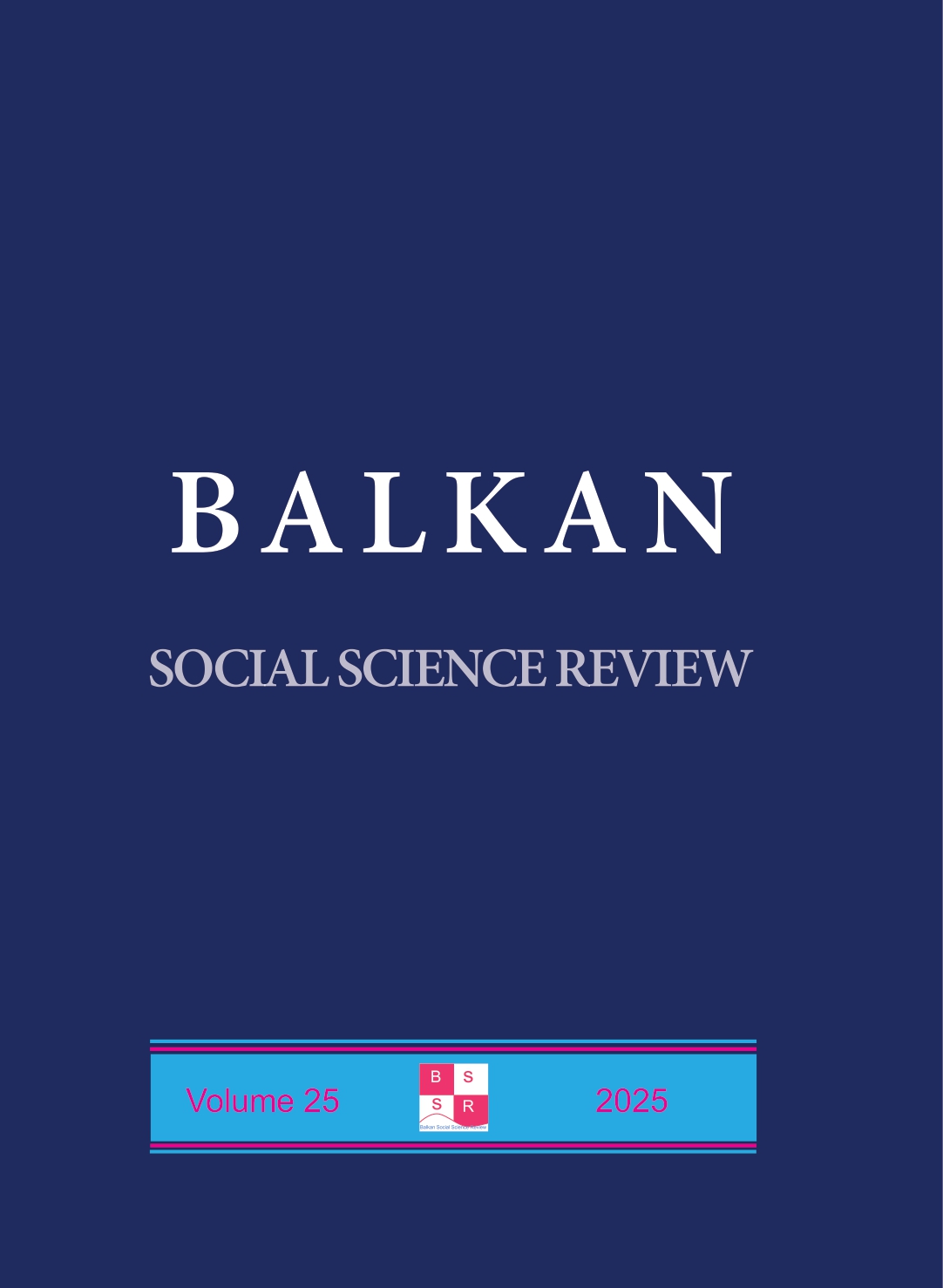LEGISLATIVE REMEDIES TO ENSURE THE REASONABLE TERM IN A CRIMINAL TRIAL. THE PLEA AGREEMENT: ROMANIA'S EXPERIENCE
DOI:
https://doi.org/10.46763/BSSR252525225iAbstract
Resolving a criminal case within a reasonable time is an important element of the right to a fair trial. The need to respect the reasonable term is succinctly expressed both in a frequently quoted British adage of justice delayed, justice denied, and in a French saying with a similar content, justice rétive, justice fautive. The purpose of the criminal process is not achieved by merely punishing the guilty. The prosecution must be carried out within a timeframe that proves that the state is taking prompt action to to ensure compliance with the law. Only in this way can the preventive purpose of the punishment be achieved and the confidence of the citizens in the ability of the state to protect them can be preserved. Legislatures are frequently choosing to introduce elements of negotiated justice in order to solve the problem of the length of criminal proceedings. The plea agreement procedure is thus seen in more and more countries as an important means of achieving this objective.
The plea agreement was introduced into Romanian law as of January 1, 2014. Previously, court proceedings had become overly formalistic, cumbersome, costly and not expeditious. At the same time, the strict application of the principles of establishing the truth and the direct administration of evidence by the court often led to an unjustified prolongation of the criminal proceedings and an unnecessary waste of state resources in some cases where the guilt of the defendant was obvious.
In this study we will try to see whether these objectives have been achieved in any way. To this end, we examined the existing situation in the municipality of Bucharest within the six sector courts and the Bucharest Tribunal from January 1 to September 3, 2024. We verified the number of criminal cases that were resolved by these courts during this period of time. We also researched how many of these cases were solved on the basis of a plea agreement. In the cases where plea agreements were reached, we wanted to find out which offenses were targeted and how long the prosecution lasted. In terms of the time taken to solve the case, we took into consideration the time elapsed between the moment when the prosecution had evidence that the defendant had committed the crime and the time when the plea agreement was concluded.
Based on these data, we tried to establish whether the introduction of the plea agreement in the Romanian legislation has really contributed in ensuring a reasonable timeframe and what are the reasons why the institution does not generate the same results as in other countries.
The conclusion we have reached is that the institution of the plea agreement did not have the desired effects at the time of its regulation. The time taken to resolve cases has not been reduced, with many cases taking years to resolve, even though their complexity would allow a final solution to be pronounced in a few months.
Downloads
Downloads
Published
Issue
Section
License
Permissions
Authors are expected to obtain permission from copyright holders for reproducing any illustrations, tables, figures or lengthy quotations previously published elsewhere. BSSR will not be held accountable for any copyright infringement caused by the authors.
Copyright
The content offered in the BSSR remains the intellectual property of the authors and their publishers respectively. University “Goce Delcev”- Shtip, R. Macedonia and BSSR keap the right to promote and re-publish the texts.


